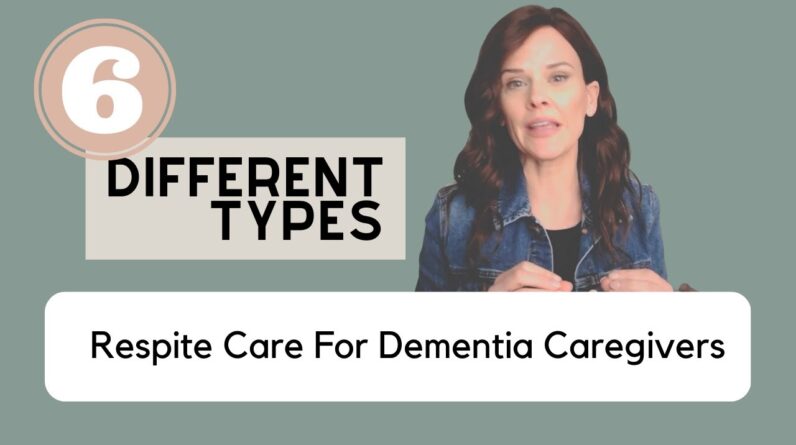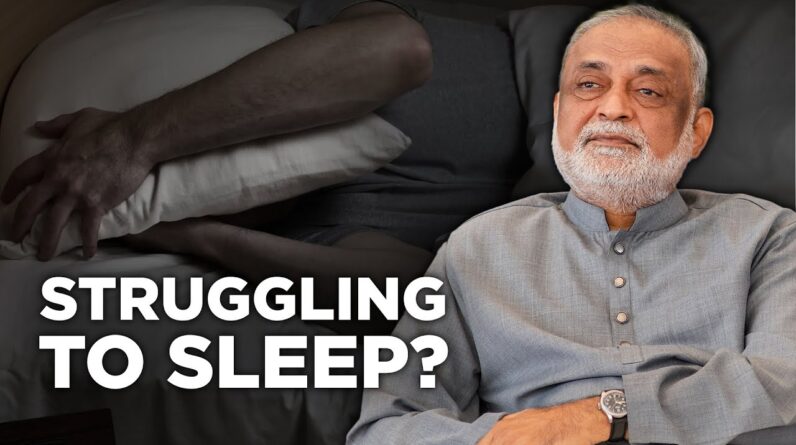
I was teaching a class recently inside
of my care course, and I used the word respite, and one of my newest
members asked, what is respite? And so here I am thinking there's
probably more people out there who have that same question. If you don't know what respite is,
this can be an incredibly helpful video for you because it can give
you an opportunity to take a break and rest from all of your caregiving. And if you do know what respite is, stick
with me because this video might give you a new way to think about respite
that is even more helpful to you. Respite care is a type of temporary
care that can be given to an individual with a chronic condition,
developmental disability, or even a mental health condition. It can certainly be given for
an individual who has dementia. It's used to give the primary care. Like yourself, temporary relief from
caregiving responsibility so that that caregiver can then go use that time,
however they wish to take a break to run errands or even to do some
of the necessary things like attend their own doctor's appointments.
The goal is to provide respite to either
help prevent burnout from happening and caregiving, or be able to help
reduce it if it's already present. It basically involves another
individual or company stepping in to do what you are doing for your
loved one on a temporary basis. It can be given in a variety of settings
and it can be given on a pretty short term basis or even a longer term basis. So what are the different types
of respite care and how could you get it if you are interested? Number one is in-home respite care. This is where somebody else comes into
your home to do any sort of caregiving duties that you would normally be doing. It could be another friend,
another family member, basically anybody who has the ability to
come in and give you a temporary. And I hesitate to even use the word
break because when I was working directly with caregivers at the
hospital that I was working at, many of them needed respite care just
for them to attend their own medical appointments and run necessary errands.
That is hardly a break, so I just wanna
acknowledge that right here as well. Another place where respite care is often
provided are adult daycare centers, where the individual with dementia would go to
a facility for the day where they would do activities, engage with other people. Giving the caregiver then several
hours of a chunk of time to do whatever it is they want to do. Assisted living facilities often
allow respite care as well. This is where the person with
dementia would go for several days or even several weeks. I've had care blazers use this option
when they needed to go pursue their own surgery, and then recovery time. Or even if the care blazer wanted to
go on a vacation that the person with dementia was not able to go to, they
would opt to use an assisted living facility respite type situation.
Home healthcare agencies also provide
respite care services where a trained professional will come into the home and
provide respite care for the caregiver. There are also different
community resource. Is that you could use for respite care
such as support groups or even the va, department of Veterans Affairs and
some community resources might even be able to offer financial assistance to
caregivers to be able to afford respite. You can check with your local area
Agency on Aging to see what respite services might be in your area.
I also recommend calling
the Alzheimer's associa. Even if your loved one doesn't have a
technical Alzheimer's disease diagnosis to see what they might be able to recommend
in your area as well for respite, ideally, the main goal here is that the respite
care is provided to give an opportunity to the caregiver to be able to rest
and recharge so they can come back and resume their caregiving responsibilities. But this is really important for
you to know you do not absolutely need respite care in order to
take and receive respite care. In my professional opinion, I think every
dementia caregiver could benefit from respite, and we don't have to wait until
we've reached our limit or we feel like we absolutely need it to receive it. For example, just because I could
literally hand wash all of my clothes, it doesn't mean I'm going to, I'm
gonna take advantage of the washing machine that I have because it saves
me time, it saves me my energy, and because it much easier for me.
I hope you can adapt a similar
thought process when it comes to respite care services. Have you ever tried respite? If so, I'm curious what your experience. I'll be back next week with another video. In the meantime, keep up the great
work, and if you'd like to receive a free training from me on how to
care for a loved one with dementia without all the overwhelmed, dread
and confusion, there's a link in the description below this video. Bye. Also, Niko gets a belly rub for every
person who subscribes from this video. So if you haven't already,
click the red subscribe button. It's totally free. And Niko says, thank you very much..






